10. Urnes Stave Church
Urnes Stave Church , the oldest of Norway's stave churches, is included on UNESCO's World Heritage List. It was built in 12th century, and is an outstanding example of traditional Scandinavian wooden architecture. It brings together traces of Celtic art, Viking traditions and Romanesque spatial structures.
9. Roros
Røros is an old town in Norway and is on the UNESCO World Heritage List. It is one of Norway's most beautiful villages. The town has about 2,000 wooden houses that have been preserved in their blackened state, suggesting a medieval look. It is sometimes called Bergstaden which means "the mining town" due to its historical notoriety for copper mining. It is one of two towns in Norway that were historically designated "mining towns", along with the "silver-town" of Kongsberg.
8. Voringfossen
Vøringfossen is the 83rd highest waterfall in Norway on the basis of total fall. It is located at Mabodelen, a narrow valley between Oslo and Bergen. It has a total drop of 182 meters, and a major drop of 163 meters. It is perhaps the most famous in the country and a major tourist attraction on the way down from Hardangervidda to Hardangerfjord.
7. Nidaros Cathedral
Nidaros Cathedral is a Church of Norway cathedral located in the city of Trondheim in Sør-Trøndelag county, Norway. Built over the burial site of St. Olav, the king of Norway in the 11th century, who became the patron saint of the nation. Work began in 1070, but the oldest parts still in existence date from the middle of the twelfth century. These are in the Romanesque style, while most of the cathedral is Gothic in style.
6. Nordkapp
Nordkapp is a municipality in Finnmark county, Norway. The administrative centre of the municipality is the town of Honningsvåg, where most residents live. It is the northernmost point in Europe connected with the international road network. Nordkapp is mainly a summer destination, attracting about 200,000 visitors annually. Nordkapp offers stunning scenic views, with plenty of opportunities to hike under the Arctic sun.
5. Viking Ship Museum
The Viking Ship Museum is located at Bygdøy in Oslo, Norway. It is part of the Museum of Cultural History of the University of Oslo, and houses archaeological finds from Tune, Gokstad (Sandefjord), Oseberg (Tønsberg) and the Borre mound cemetery. The museum displays the world's two best-preserved wooden Viking ships built in the 9th century. The museum also displays textiles, tools and household items as well as items found in Viking tombs.
4. Jostedalsbreen Glacier
Jostedalsbreen Glacier is the largest glacier in Europe. Situated in southern Norway, the glacier is surrounded by Jostedalsbreen Glacier National Park. Hiking and glacial skiing is allowed, but sportsmen need to be well prepared as these activities can be dangerous. It is much safer, and just as pretty, to take one of the walking tours around the park.
3. Heddal Stave Church
The Heddal Stave Church is Norway’s largest stave church, It was constructed at the beginning of the 13th century with triple naves that stand proudly against the sky. The church, made entirely of wood. After restorations in the 19th and 20th centuries. Today, it is still in use for weddings and Sunday services during the summer months.
2. Geirangerfjord
The Geirangerfjorden is a fjord in the Sunnmøre region of Møre og Romsdal county, Norway. It is located entirely in the Stranda Municipality. Stretching for more than 15 km (9 miles) long, Geirangerfjord is a natural wonder of deep blue water surrounded by majestic cliffs with stunning waterfalls and lush green mountains towering more than 1,000 meters (3,500 feet) high.
1. Bryggen
Bryggen, also known as Tyskebryggen, is a series of Hanseatic commercial buildings lining the eastern side of the fjord coming into Bergen, Norway. Bryggen has since 1979 been on the UNESCO list for World Cultural Heritage sites. Today, some 62 buildings remain of this former townscape.
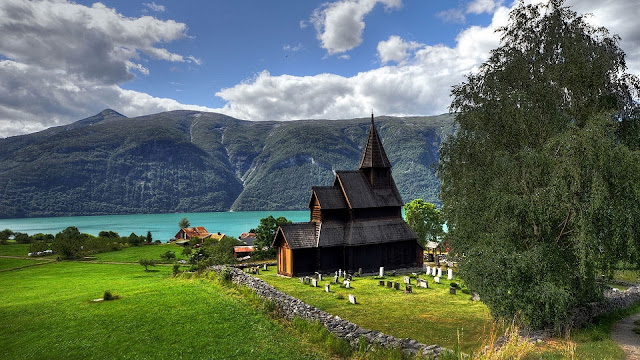
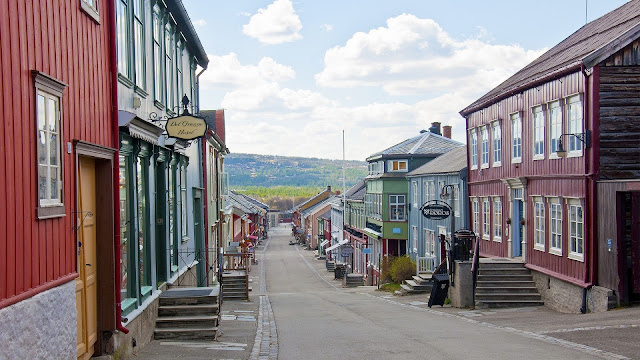
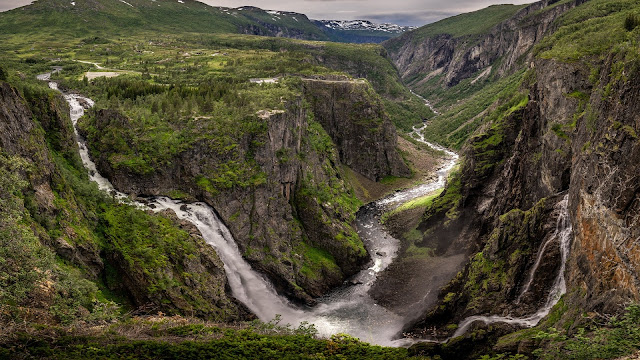
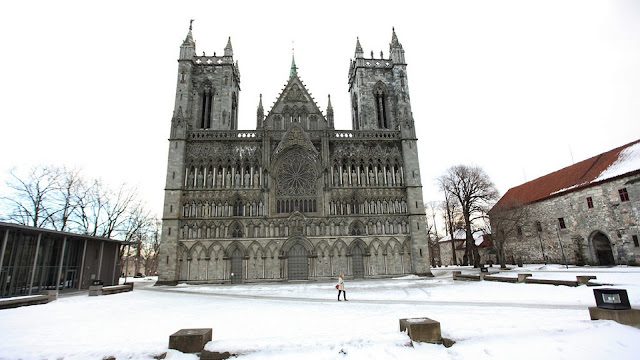

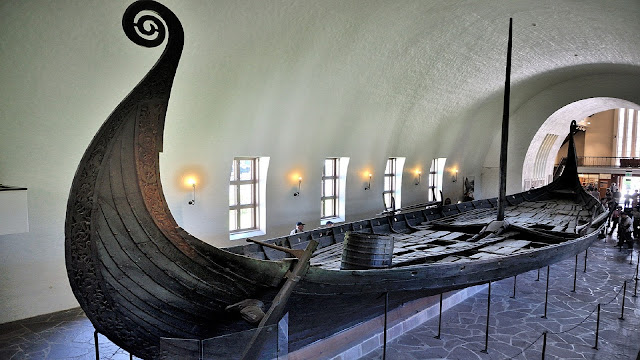

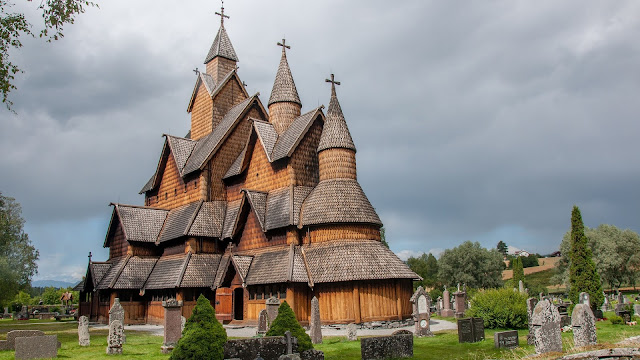
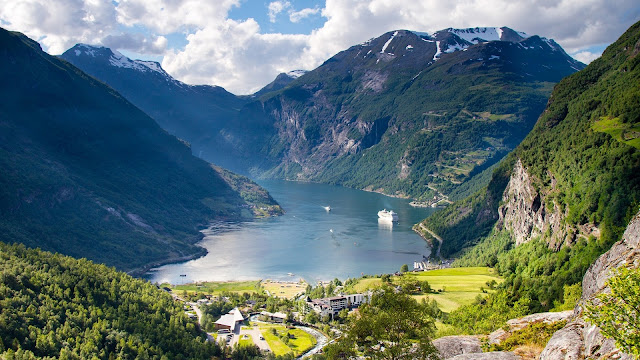
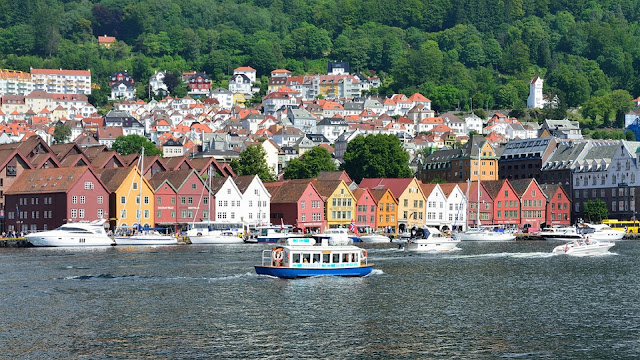
 Reviewed by Bynn Du
on
5/13/2016
Rating:
Reviewed by Bynn Du
on
5/13/2016
Rating:
 Reviewed by Bynn Du
on
5/13/2016
Rating:
Reviewed by Bynn Du
on
5/13/2016
Rating:










Không có nhận xét nào: